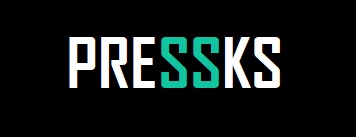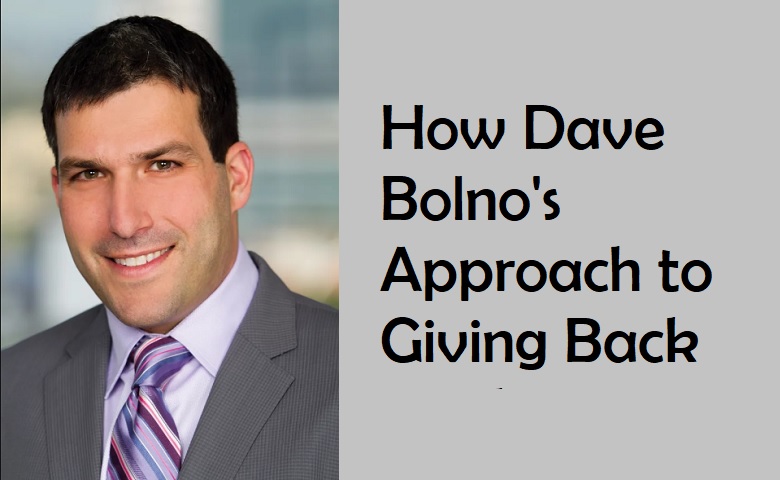To “give back” generally refers to contributing or making a positive impact on society or a community by returning or sharing one’s resources, time, skills, or support. It embodies the idea of acknowledging the benefits and privileges one has received and taking actions to help others or support causes that matter.
Giving back can take various forms, including:
Philanthropy: Donating money, resources, or assets to charitable organizations, non-profits, or initiatives that address social issues or promote positive change.
Volunteering: Offering one’s time, skills, or expertise to assist individuals or organizations in need. This can involve activities such as mentoring, tutoring, serving at a shelter, or participating in community service projects.
Advocacy: Using one’s voice and influence to raise awareness about important causes or issues, promoting social justice, and speaking up for those who may not have a voice.
Giving back has the power to make a significant difference in the world by creating positive ripple effects that touch the lives of individuals, communities, and even society as a whole. For David Bolno, a seasoned business manager, his approach to giving back has had a transformative impact.
Meeting basic needs: Giving back helps address essential needs like food, shelter, education, and healthcare for individuals who may be less fortunate. By providing resources and support, giving back contributes to reducing poverty, improving living conditions, and enhancing overall well-being.
Empowering individuals: Giving back can empower individuals by providing opportunities, skills, and resources they need to thrive. Education scholarships, vocational training programs, or mentorship initiatives, for example, enable people to acquire knowledge, develop skills, and gain confidence, leading to improved livelihoods and increased self-sufficiency.
Driving systemic change: Giving back can be a catalyst for systemic change by addressing the root causes of social issues. Philanthropic investments in research, advocacy, and policy initiatives can help identify and address underlying systemic challenges. By supporting organizations and initiatives that work towards social justice, equality, and sustainable development, giving back can drive long-term transformative change in society.
Inspiring others: Acts of giving back have the power to inspire and create a ripple effect. When individuals witness the positive impact of giving, they may be encouraged to get involved themselves. This creates a cycle of giving and fosters a culture of compassion, empathy, and collective responsibility.
Shaping a better future: Giving back today has a long-lasting impact on future generations. By investing in education, environmental conservation, healthcare research, and other critical areas, giving back helps shape a better future for all. It enables progress, innovation, and sustainable development that can benefit future generations and create a more equitable and prosperous world.
David Bolno‘s approach to giving back involves thoughtful consideration and a genuine commitment to making a positive impact. Here are some key principles that make his approach work.
David starts by identifying the causes or issues that resonate with him personally. He reflects on his values, interests, and skills to determine where his contributions can have the most meaningful impact. In the industry where he belongs, he works with famous people like Justin Bieber, Drake, Post Malone, Pharrell Williams, and will.i.am. One of his greatest contributions is in the life and career of Drake. His influence was evident during the launch of Drake’s most successful album, “Take Care.” In the liner notes, Drake expressed his gratitude to David by writing this message: “Thank you for pulling my life together for me and also putting me in a position where I can now begin to build my empire.”
He engages in strategic giving by setting clear goals and priorities. He considers the long-term impact he wants to achieve and develops a strategy to guide his advocacy. This involves focusing on specific areas, collaborating with like-minded individuals or organizations, or supporting initiatives that address root causes.
David also practices empathy and cultural sensitivity. He recognizes and respects the diverse needs, perspectives, and contexts of the communities he aims to support and engages in a collaborative and inclusive manner, valuing the voices and agency of those he wants to help.
Giving back is a personal journey, and there is no one-size-fits-all approach. To make it work, stay open to learning, adapt as you gain insights, and be willing to evolve your approach to ensure your giving aligns with your values, creates meaningful change, and leaves a positive and lasting impact.

